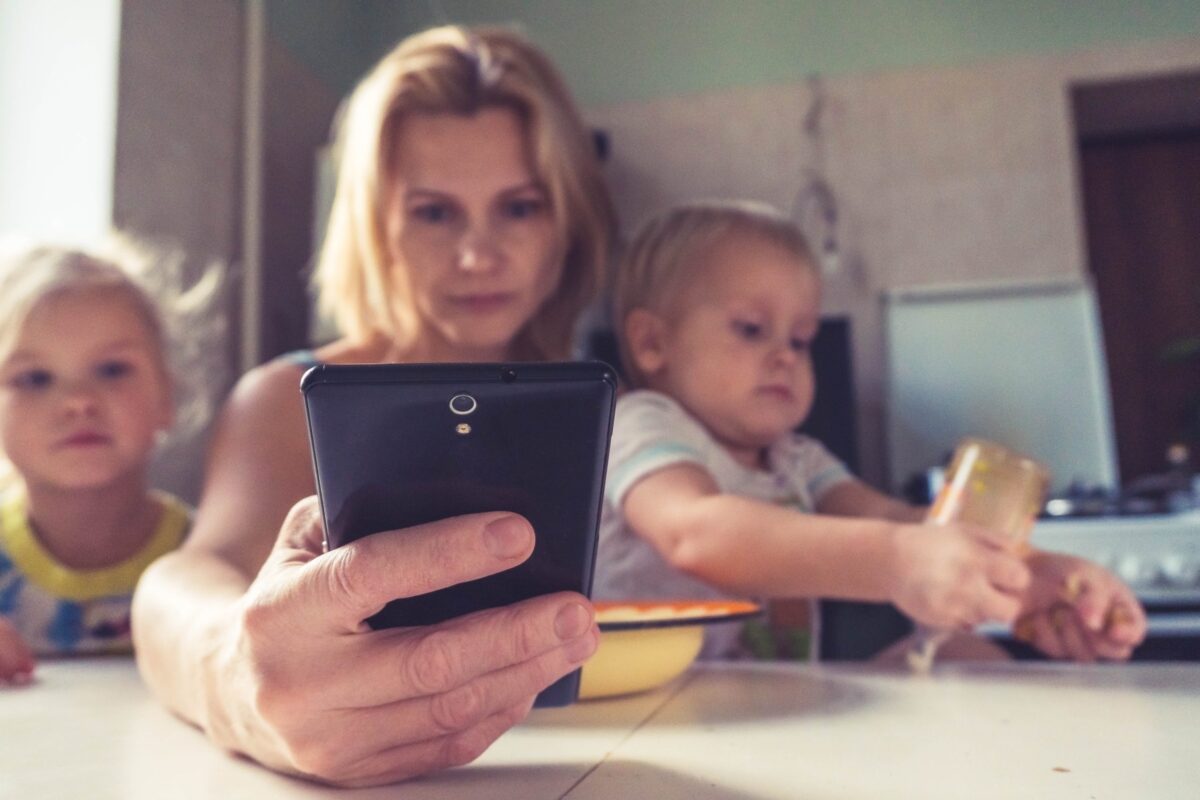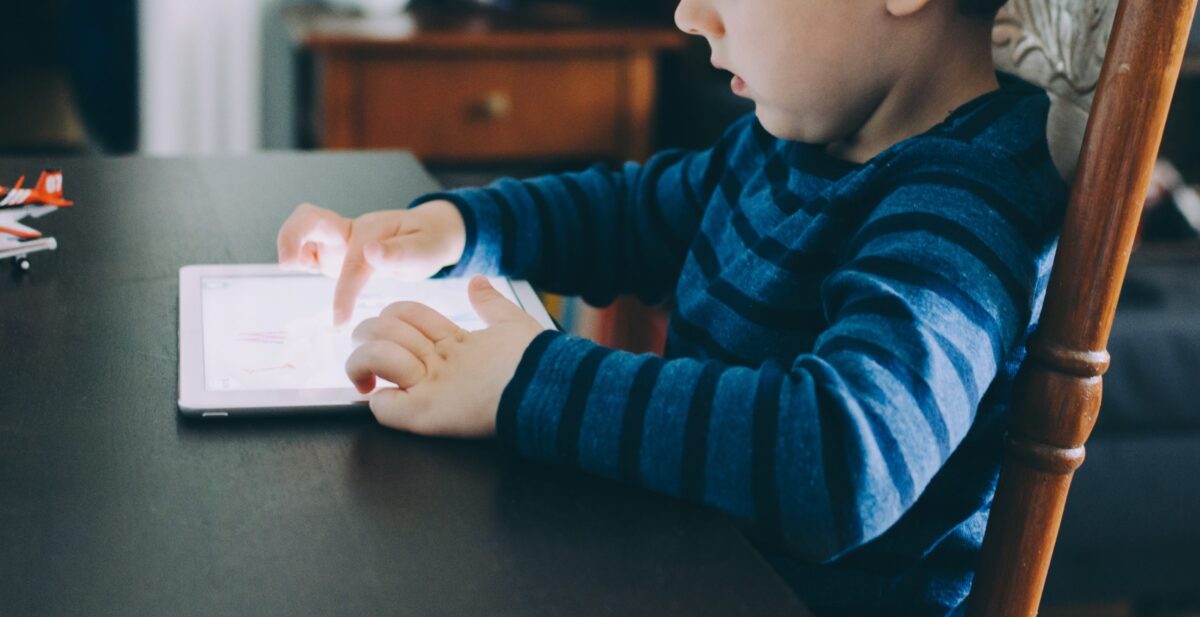
Has your home turned into a warzone? For many parents, after long months of being stuck indoors—sharing the same space for work, school, home, and recreation—the pressure might be building to a boiling point. Add in the worry and stress many families are feeling this holiday season, and you’ve got a recipe for disaster.
When a disagreement hits the boiling point, things get ugly. There’s screaming, crying, swearing . . . and that’s just the parents. And after it’s all over, we often feel ashamed and regretful. It’s only then that we remember we’re supposed to be the adults in the room.
That “out of control” feeling isn’t your fault. In the moment, when your child’s just done something that drives you nuts, your emotions get the best of you. But when you’re running hot, you don’t act like the parent you want to be. And that’s because you may not have the right tools to be able to respond instead of react.
First, take a breath. Find some compassion for yourself, and forgive yourself for that behavior you’re not proud of. None of us are perfect. When you show kindness to yourself, you model that kindness for your children, too.
Then, follow this 3-Step ACTion Plan next time you find a discussion going south. It can help you prevent a difficult situation from accelerating into a full-fledged meltdown.
Acknowledge your kid’s feelings and needs
Children often have a hard time naming the emotions that they’re feeling. Ask them leading and compassionate questions. If your kids are fighting over a toy, for example, ask: “Are you feeling angry that your sister took your toy without permission?” Their answer will help you understand their response and give clues about how to remedy the situation.
Communicate
Once you validate their feelings and identify the unmet needs that drive the feeling, check in with them to be sure they feel understood before switching to wanting to share your perspective and expecting them to hear you. Failing to do this may result in them tuning you out!
We all want to turn it into a teachable moment and explain why certain behaviors are not acceptable with more depth than “Because I said so.” Knowing that the teachable moment is NOT at the time of the issue is VERY important. It is okay to explain to your child that hitting their sibling is hurtful and doesn’t fix the problem of the swiped toy—or resolve the anger they’re feeling. AND you get that it would really help them to practice some skills before these kinds of flashpoints occur so that there is more choice for them to respond differently.
My experience is that the key is to teach the skills for self-regulation in heated situations more than lecturing them; most kids know already that hitting isn’t okay. The issue is more about tools for impulse control when they are experiencing high emotions.
Target another option
Ask your child to help identify a solution to the problem at hand. Maybe your children can agree to take turns sharing a favorite toy. If you catch your teenager sneaking out to meet their friends, maybe you help them find a safe space for a socially distant hangout instead of sending them straight to their room. The goal is to build your child’s ability to objectively problem-solve and to let them know that the two of you are on the same team. Solo problem-solving is rarely effective. Collaboration sets the tone for your child to feel that you’re invested in them meeting their needs and want to find a solution that meets your needs too—but not at their expense of getting to meet theirs.
Learning to defuse disagreements is challenging, and it requires commitment and effort to overcome your own emotional response. But the 3-Step ACTion plan can help both parents and children learn to treat each other with love and respect.
If you’re looking for more tips on maintaining a peaceful household, download my free ebook, 7 Strategies to Keep Your Relationship with Your Kids From Hitting the Boiling Point.
Feel free to download the ebook here: www.consciousparentingrevolution.com/products/ebook
P.S. If the 3-Step ACTion plan resonated with you, be sure to grab the ebook for even more parenting advice!

























